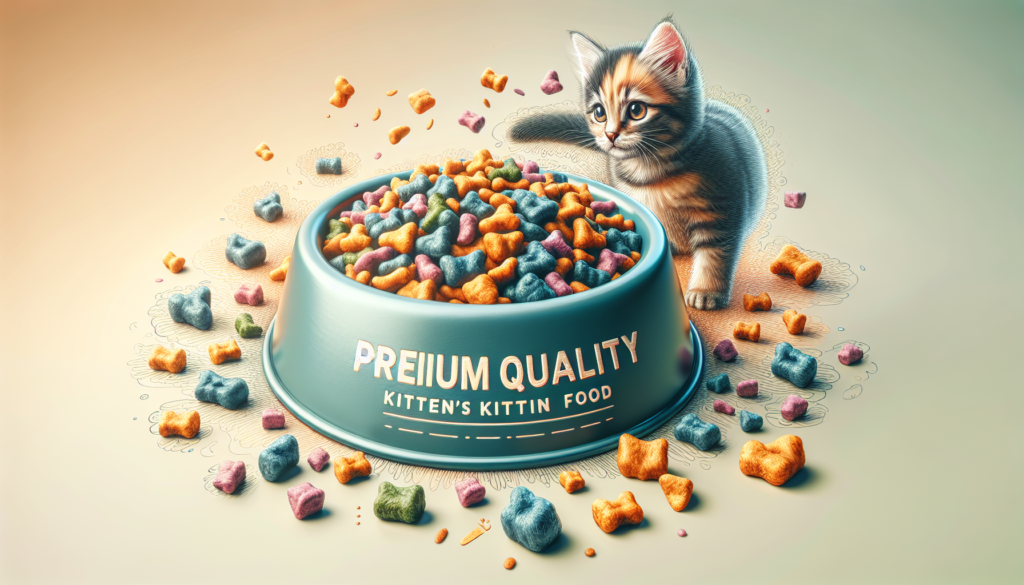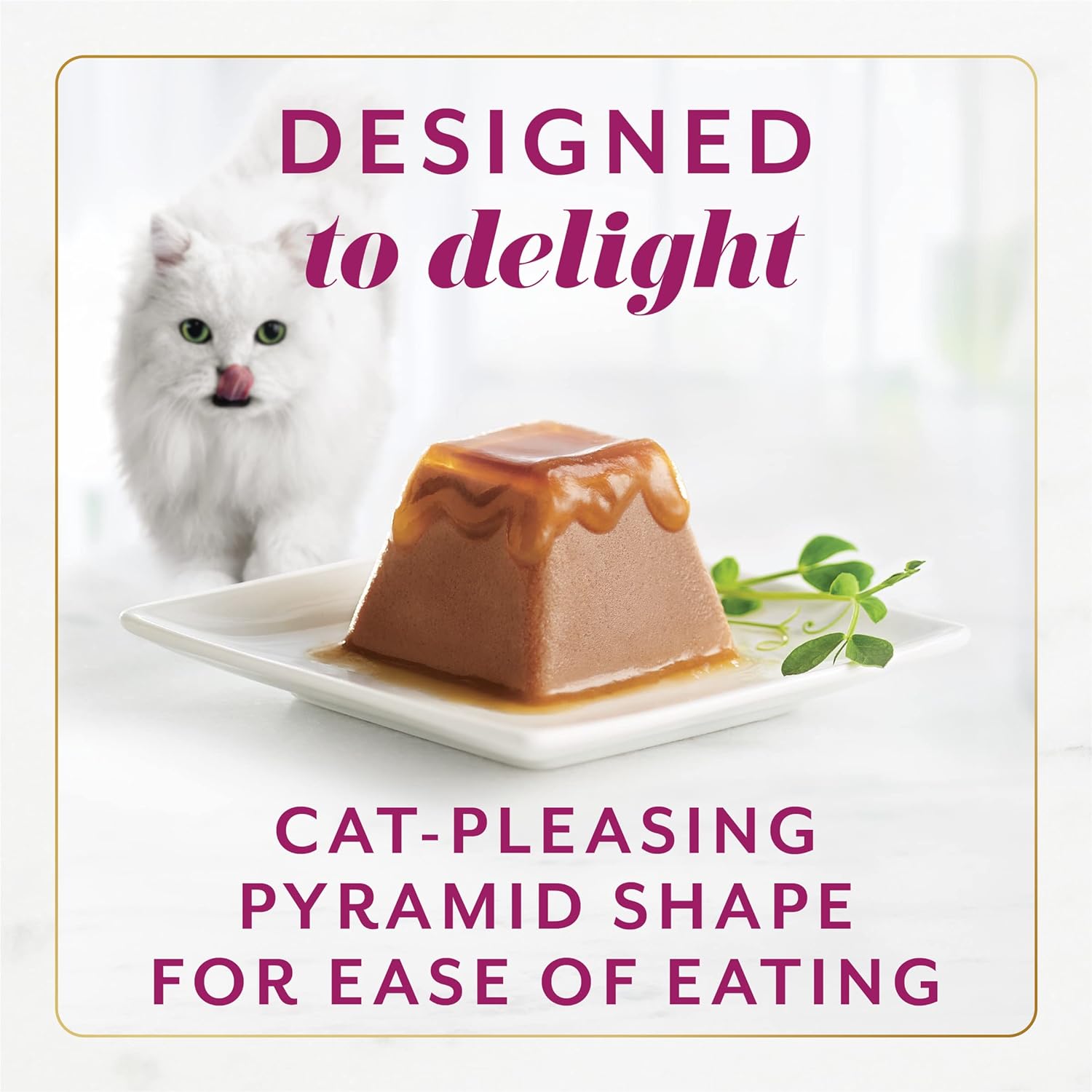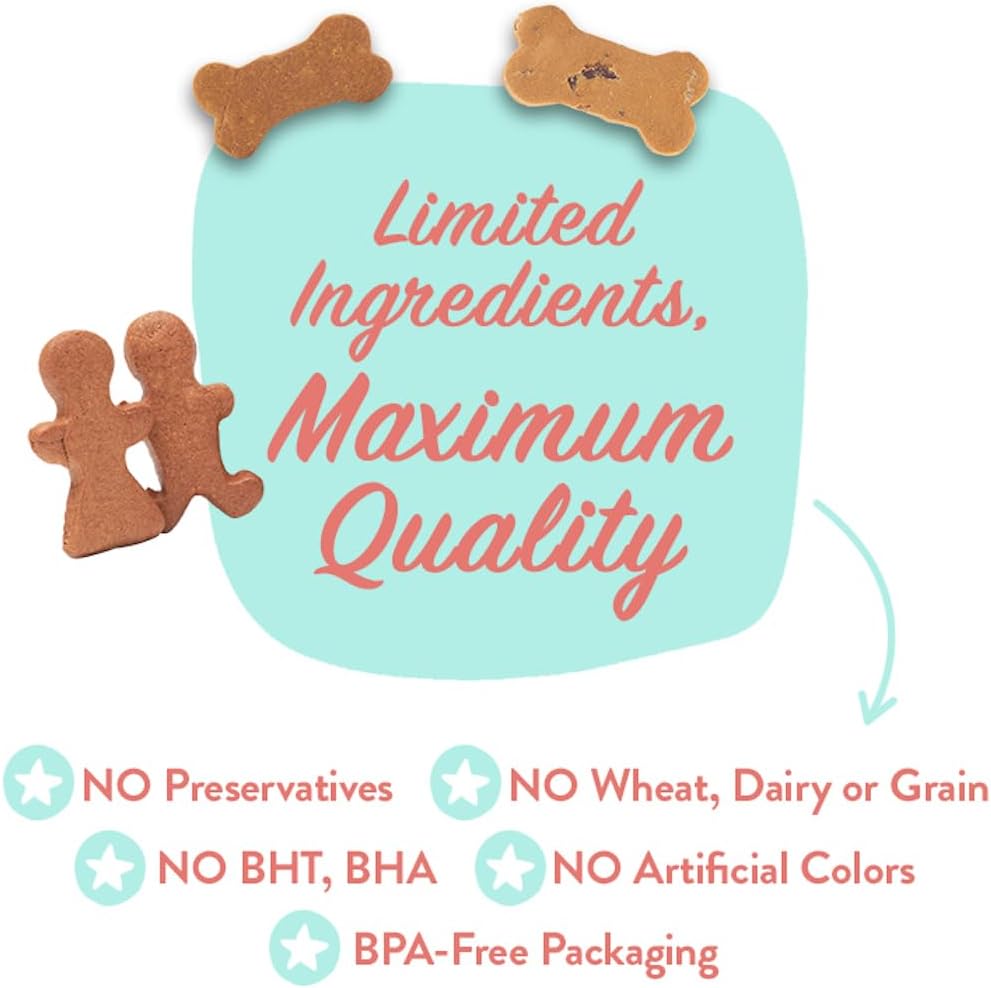Are you a proud new owner of a adorable little kitten, but worried about their sensitive stomach? Look no further! In this article, we will guide you on the quest for the best kitten food specifically designed for sensitive stomachs. We understand that keeping your furry friend healthy and happy is a top priority, so join us as we explore the options that will provide the best nourishment and ease any digestive issues your little furball may have. Let’s find the perfect food together!
What is a sensitive stomach in kittens?
A sensitive stomach in kittens refers to a condition where their digestive system is easily irritated or prone to digestive issues. Kittens with sensitive stomachs may experience symptoms such as frequent vomiting, diarrhea, flatulence, or abdominal discomfort. This can be a source of concern for both kitten owners and the kittens themselves, as it may impact their overall health and well-being.
Common symptoms of a sensitive stomach in kittens
Recognizing the common symptoms of a sensitive stomach in kittens is crucial in addressing their digestive health needs. Some of the most prevalent signs include frequent vomiting, which can be either occasional or after every meal. Diarrhea, characterized by loose and watery stools, is another common symptom. Additionally, kittens with sensitive stomachs may experience flatulence, especially after consuming certain foods. Abdominal discomfort or pain is also a possible indication of digestive issues in kittens.
Causes of a sensitive stomach in kittens
There are several potential causes of a sensitive stomach in kittens. Food allergies or food intolerances can trigger digestive issues, as certain ingredients may not agree with a kitten’s stomach. The introduction of new foods too quickly or sudden dietary changes can also upset a kitten’s delicate digestive balance. Additionally, stress or anxiety can play a role in causing digestive disturbances in kittens. In some cases, underlying health conditions, such as gastrointestinal infections or parasites, may contribute to a sensitive stomach.
Importance of addressing a sensitive stomach in kittens
Addressing a sensitive stomach in kittens is crucial for their overall health and well-being. Untreated digestive disturbances can lead to nutritional deficiencies, dehydration, and weight loss. It can also result in discomfort and a decreased quality of life for the kitten. By addressing a sensitive stomach and providing appropriate nutrition, kitten owners can help their furry friends thrive and enjoy a happy, healthy life.
Choosing the right kitten food for sensitive stomach
Selecting the right kitten food plays a vital role in managing a sensitive stomach. Here are some key considerations for choosing the best food for kittens with sensitive stomachs:
Consulting with a veterinarian
When dealing with a sensitive stomach in kittens, it’s crucial to consult with a veterinarian. They can assess the kitten’s overall health, identify any underlying conditions, and recommend appropriate dietary changes or specific brands tailored for sensitive stomachs.
Reading ingredient labels
Checking ingredient labels is essential when selecting the right kitten food. Look for high-quality protein sources like chicken, turkey, or fish, as well as easily digestible carbohydrates and natural antioxidants. Avoid food products that contain artificial additives or fillers, as these can further irritate a sensitive stomach.
Avoiding common allergens
Kittens with sensitive stomachs may have allergies or intolerances to certain ingredients. Common allergens in kitten food include grains, dairy products, and certain proteins. It’s important to avoid these ingredients to prevent digestive issues.
Opting for limited ingredient diets
Limited ingredient diets can be beneficial for kittens with sensitive stomachs. These diets typically contain a smaller number of ingredients, making it easier to identify potential triggers. By eliminating unnecessary additives and ingredients, the risk of digestive problems can be minimized.
Considering prescription diets
In severe cases, where the kitten’s sensitive stomach requires specialized care, a veterinarian may prescribe a specific diet. These prescription diets are formulated to address specific digestive issues and provide optimal nutrition for sensitive kittens.

Types of kitten food options for sensitive stomach
When it comes to the types of kitten food options available for sensitive stomachs, there are several choices to consider:
Dry kitten food
Dry kitten food, also known as kibble, is a popular option for many kitten owners. It offers convenience and can help maintain dental health. Look for dry kitten food formulas that are specifically designed for sensitive stomachs, ensuring they contain easily digestible ingredients and adequate moisture content.
Wet kitten food
Wet kitten food, available in cans or pouches, provides higher moisture content and can be easier to digest for kittens with sensitive stomachs. Wet food options often come in a variety of flavors and textures, allowing for a more appealing mealtime experience for finicky eaters.
Raw kitten food
Raw kitten food, also known as a raw diet or BARF (Biologically Appropriate Raw Food), consists of uncooked meat, organs, and bones. While controversial, some kitten owners believe that a raw food diet can alleviate digestive issues in kittens. It’s essential to consult with a veterinarian before transitioning a kitten to a raw diet, as it can be challenging to ensure proper nutrition and hygiene.
Homemade kitten food
Preparing homemade kitten food allows for complete control over ingredients and can be tailored to a kitten’s specific dietary needs. However, it’s crucial to work closely with a veterinarian or feline nutritionist to ensure all essential nutrients are included in the homemade recipes.
Key ingredients for kitten food with sensitive stomach
When selecting kitten food for sensitive stomachs, certain key ingredients can promote optimal digestive health:
High-quality protein
High-quality protein sources, such as chicken, turkey, or fish, are essential for kittens with sensitive stomachs. These proteins are easier to digest and less likely to cause digestive disturbances compared to low-quality or unidentified protein sources.
Limited fat content
Kittens with sensitive stomachs may benefit from kitten food formulas with limited fat content. Excessive fat consumption can lead to digestive upset, so it’s important to choose foods with a balanced fat content that supports digestion without overtaxing the gastrointestinal system.
Probiotics and prebiotics
Probiotics and prebiotics can support healthy digestion in kittens with sensitive stomachs. Probiotics are beneficial bacteria that aid in the digestion and absorption of nutrients in the gut, while prebiotics promote the growth of these beneficial bacteria.
Easily digestible carbohydrates
Kitten food with easily digestible carbohydrates, such as rice or sweet potatoes, can be gentler on a sensitive stomach compared to grains like wheat or corn. These carbohydrates provide energy without burdening the digestive system.
No artificial additives or fillers
Avoiding artificial additives and fillers is vital for kittens with sensitive stomachs. These additives, such as artificial colors, flavors, or preservatives, can exacerbate digestive issues and contribute to overall discomfort.
Commercial kitten food brands for sensitive stomach
Several commercial kitten food brands cater to kittens with sensitive stomachs. Here are a few examples:
Brand A
Brand A offers a range of kitten food formulas specifically formulated for sensitive stomachs. Their products contain high-quality protein sources, easily digestible carbohydrates, and added probiotics to support digestive health.
Brand B
Brand B is known for its limited ingredient diets, designed to minimize potential allergens and irritants for kittens with sensitive stomachs. Their formulas focus on high-quality protein sources and avoid common ingredients that may trigger digestive issues.
Brand C
Brand C offers a variety of wet kitten food options with limited ingredients. Their products are free from artificial additives and fillers, making them suitable for kittens with sensitive stomachs. The recipes feature high-quality protein sources and easily digestible carbohydrates.
Brand D
Brand D specializes in prescription diets for kittens with severe digestive issues. Their formulas are formulated under the guidance of veterinarians and contain highly digestible ingredients to promote optimal digestion and meet the specific needs of kittens with sensitive stomachs.
Feeding guidelines for kittens with sensitive stomachs
Establishing proper feeding guidelines is essential for kittens with sensitive stomachs. Here are some considerations:
Frequency of feeding
Kittens with sensitive stomachs may benefit from smaller, more frequent meals. Instead of two large meals, consider dividing their daily food intake into three or four smaller portions to help avoid overloading the digestive system.
Portion control
Maintaining portion control is crucial for kittens with sensitive stomachs. Overfeeding can result in digestive upset, while underfeeding may lead to nutrient deficiencies. Consult with a veterinarian to determine the appropriate portion sizes based on the kitten’s age, weight, and activity level.
Transitioning to new food
When introducing a new food to a kitten with a sensitive stomach, it’s important to do so gradually. Gradual food transitions allow the digestive system to adapt slowly, reducing the risk of digestive disturbances. Start by mixing a small amount of the new food with the current food, gradually increasing the proportion of the new food over the course of a week or two.
Monitoring dietary changes
Keep a close eye on the kitten’s reaction to dietary changes. Monitor their stool quality, appetite, and overall demeanor. If any negative changes occur, it may indicate that the new food is not suitable for their sensitive stomach. In such cases, consult with a veterinarian for further guidance.
Home remedies for kittens with sensitive stomachs
In addition to selecting appropriate kitten food, several home remedies can help manage a sensitive stomach:
Introducing small food portions
Offering small, frequent meals throughout the day can help prevent overloading the digestive system. Smaller portions are often easier for kittens with sensitive stomachs to digest, reducing the risk of vomiting or diarrhea.
Feeding a bland diet temporarily
If a kitten’s sensitive stomach is acting up, temporarily switching to a bland diet can provide relief. Boiled chicken or fish with plain rice or sweet potatoes can be gentle on the stomach while still providing essential nutrition. Once the digestive system settles, gradually reintroduce the regular kitten food.
Natural supplements for digestion
Certain natural supplements, such as ginger or chamomile, can help soothe a kitten’s sensitive stomach. These supplements have calming properties and can alleviate symptoms of gastrointestinal upset. However, it’s important to consult with a veterinarian before introducing any new supplements to ensure their safety and effectiveness.
Keeping a food diary
Maintaining a food diary can be useful in identifying triggers for a kitten’s sensitive stomach. Record the specific foods given, any adverse reactions, and the kitten’s overall well-being after each meal. This can help pinpoint ingredients or brands that may be causing digestive issues, making it easier to find a suitable diet.
Tips for managing a kitten’s sensitive stomach
To effectively manage a kitten’s sensitive stomach and promote digestive health, consider the following tips:
Avoiding sudden dietary changes
Sudden dietary changes can be especially problematic for kittens with sensitive stomachs. Gradual transitions between foods allow the digestive system to adapt slowly and minimize the risk of gastrointestinal upset.
Providing a stress-free environment
Stress and anxiety can contribute to digestive issues in kittens. Providing a calm and stress-free environment is essential for maintaining their overall well-being. Ensure they have a quiet space to eat, free from disruptive noises or other pets competing for their food.
Offering frequent access to clean water
Proper hydration is crucial for all kittens, particularly those with sensitive stomachs. Ensure they have access to fresh, clean water at all times. Water intake can help prevent dehydration and promote healthy digestion.
Regular exercise and playtime
Regular exercise and playtime are important for a kitten’s overall health and digestion. Physical activity can aid in maintaining a healthy weight and promote gastrointestinal motility. Engage in interactive play sessions and provide toys that stimulate their natural hunting instincts.
When to seek veterinary advice
While many cases of a sensitive stomach can be managed through appropriate diet and home remedies, there are instances where veterinary advice should be sought:
Persistent diarrhea or vomiting
If a kitten continues to experience persistent diarrhea or vomiting despite dietary adjustments, it’s crucial to seek veterinary advice. These symptoms can be indicative of underlying health conditions that require medical attention.
Severe weight loss
Unexplained or rapid weight loss is a concerning sign in kittens with a sensitive stomach. It may indicate a more serious underlying condition that requires immediate veterinary attention.
Lack of appetite
Kittens with a sensitive stomach may occasionally have a decreased appetite. However, a prolonged lack of interest in food can negatively impact their overall health. If a kitten refuses to eat for more than 24 hours, it’s important to consult with a veterinarian.
Unexplained pain or discomfort
If a kitten exhibits signs of unexplained pain or discomfort, such as excessive vocalization or being unable to settle, it could indicate a more severe underlying issue. Seeking veterinary advice is crucial in these situations.
Conclusion
Addressing a sensitive stomach in kittens is essential for their overall health and well-being. By selecting the right kitten food, considering the appropriate ingredients, and following feeding guidelines, kitten owners can help manage and alleviate digestive issues in their furry friends. It’s important to consult with a veterinarian if symptoms persist or worsen, as they can provide expert guidance and ensure the best care for kittens with sensitive stomachs. With proper attention and care, kittens can overcome their digestive hurdles and thrive in a happy and healthy environment.





